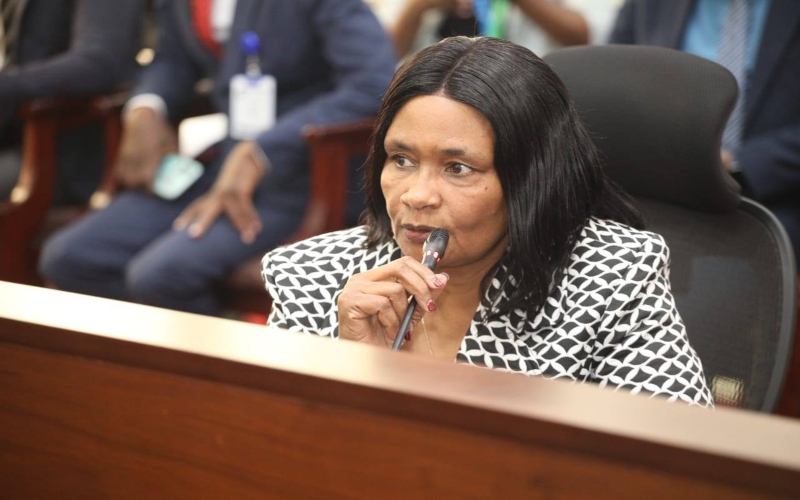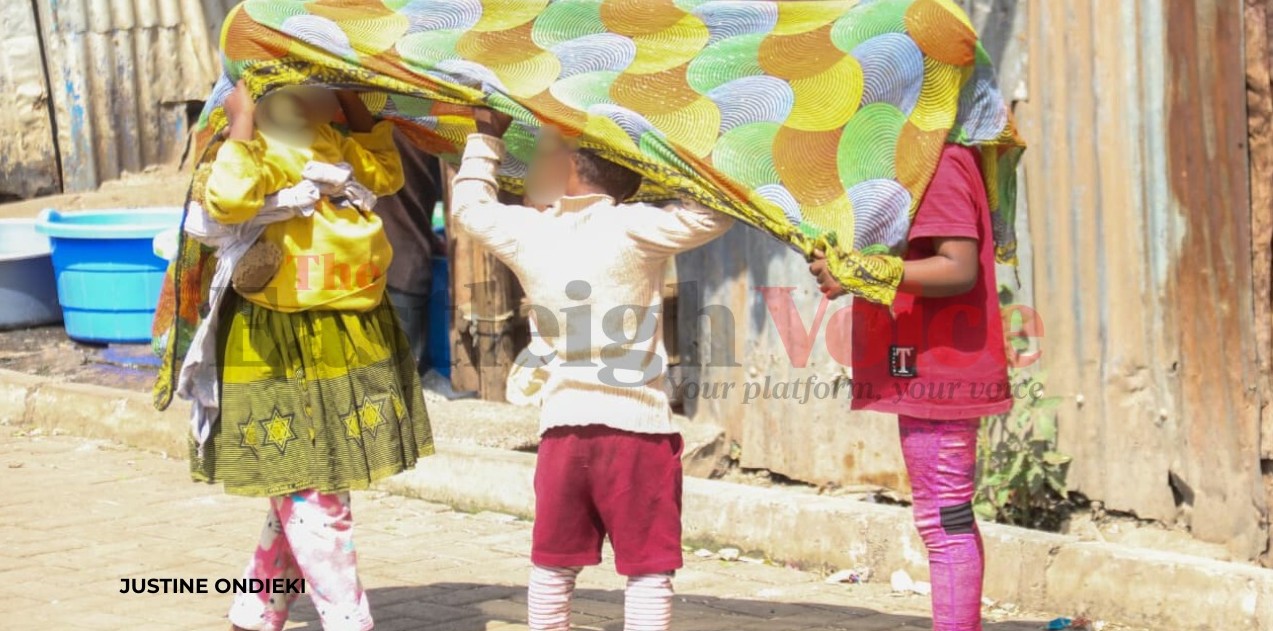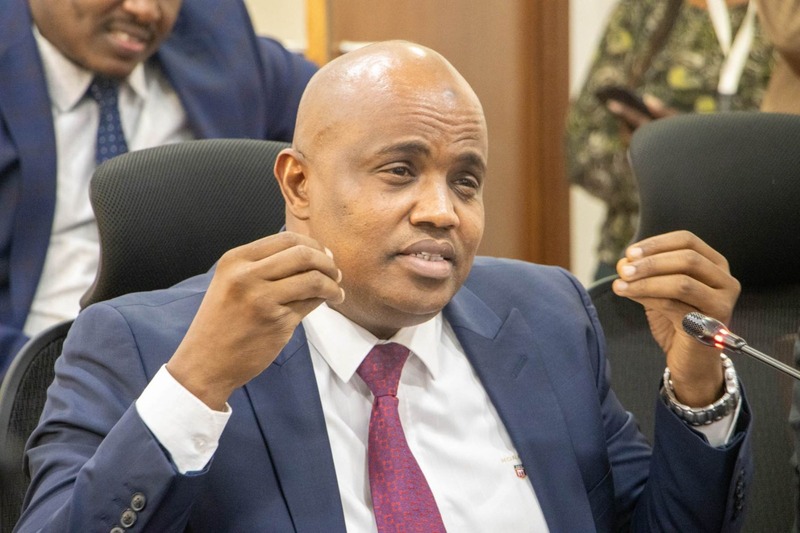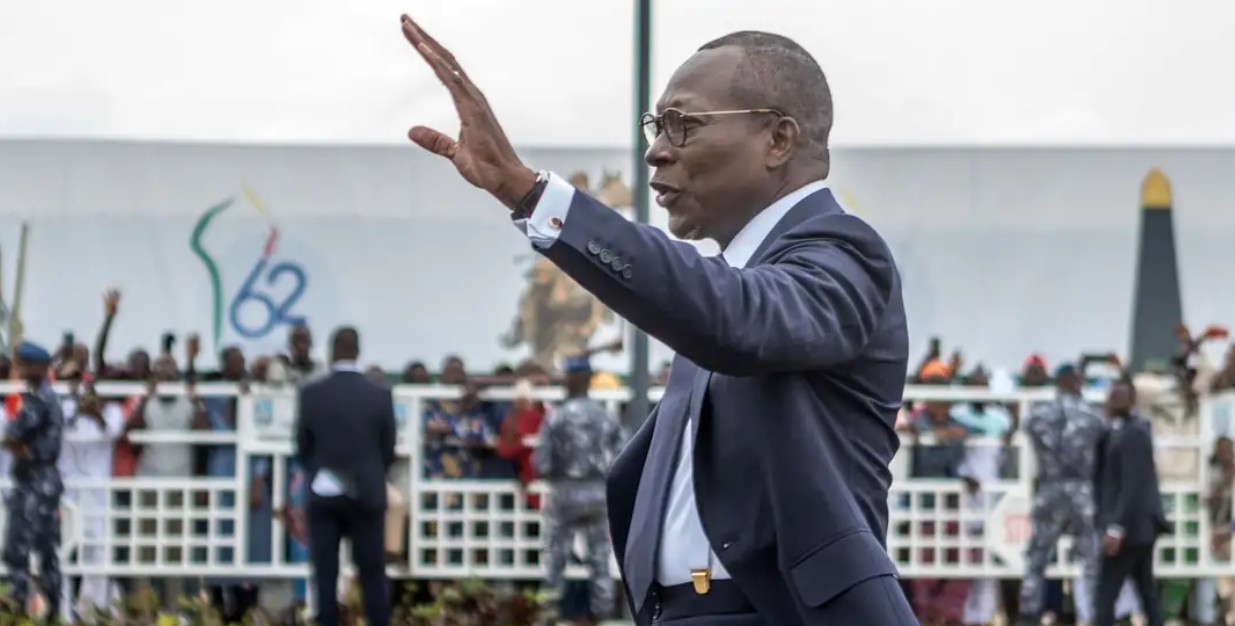Majority in Sub-Saharan Africa unable to access internet due to costly smartphones
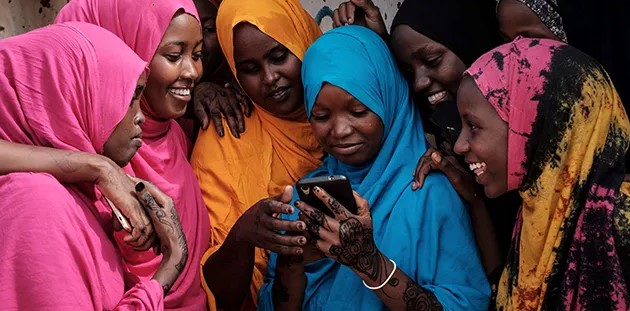
As per GSMA intelligence research, taxation and duty fees add 10 to 30 per cent to smartphone costs, depending on the country.
Data from the Global source for IMEI, the Global System for Mobile Communications (GSMA) now shows that 60 per cent of Sub-Saharan Africa's population including Kenya can not access the internet due to the high cost of smartphones.
This is despite multiple efforts by individual countries to bridge the gap through the reduction of their import duty, local assembly of smartphones and issuance of affordable loans for the purchase of the handsets.
More To Read
- Why smartphones before age 12 raise risks of depression, obesity and poor sleep
- Apple officially retires first-generation iPhone SE, marking end of an era
- Smart ways to free up phone storage without deleting your favourite photos
- OpenAI’s AI video generator Sora launches on Android after iOS success
- KRA seizes 21,600 smartphones worth Sh16 million in latest tax evasion crackdown
- Xiaomi 17 series to debut with Snapdragon 8 Elite Gen 5, taking aim at Apple’s iPhone 17
The report dubbed "Mobile Industry Trends" notes that the challenge for manufacturers in the region is how to produce "devices at a low enough price to gain market share, particularly in the 5G and 4G markets where devices remain prohibitively expensive for most regional consumers."
"Along with the manufacturing costs, other costs such as fees and taxation directly impact the final selling price. As per GSMA intelligence research, taxation and duty fees add 10 to 30 per cent to smartphone costs, depending on the country," the report notes.
Financing options
In Kenya, efforts to bridge the affordability gap saw the introduction of financing options like M-kopa for citizens who want to buy particular devices on credit.
"HMD Global which uses the Nokia brand for its devices, announced plans to assemble some of its phones in Kenya and plans to offer financing options for customers who want to buy the devices on credit with M-Kopa," the report notes.
The firm has since partnered with Safaricom to launch the Nokia G60 5G, a mid-range 5G phone sold in partnership with Safaricom at Sh53,000.
The telco also runs credit products for customers seeking to own a handset and pay in instalments, partnering with the government in launching an assembly line for smartphones.
A local university is also running a similar project for both laptops and handsets.
GSMA advises countries to consider offering tax exemptions on low-cost handsets like in Rwanda.
"In addition to reducing the absolute cost of smartphones and supporting an individual's capacity to pay, providers also need to ensure that devices meet users' life needs and support users' willingness to pay," it adds.
The firm estimates that by 2027, Sub-Saharan Africa will have a combined 1.2 billion feature phones and smartphone connections.
Top Stories Today


